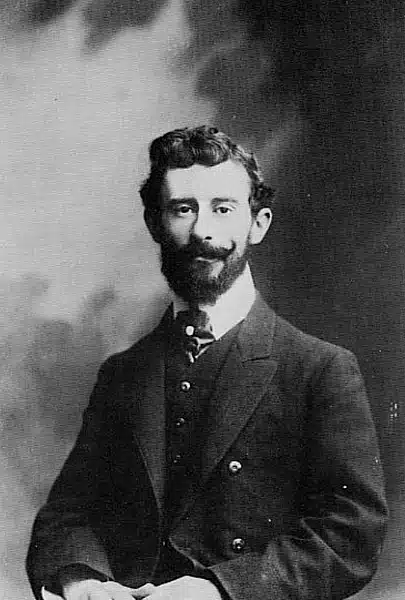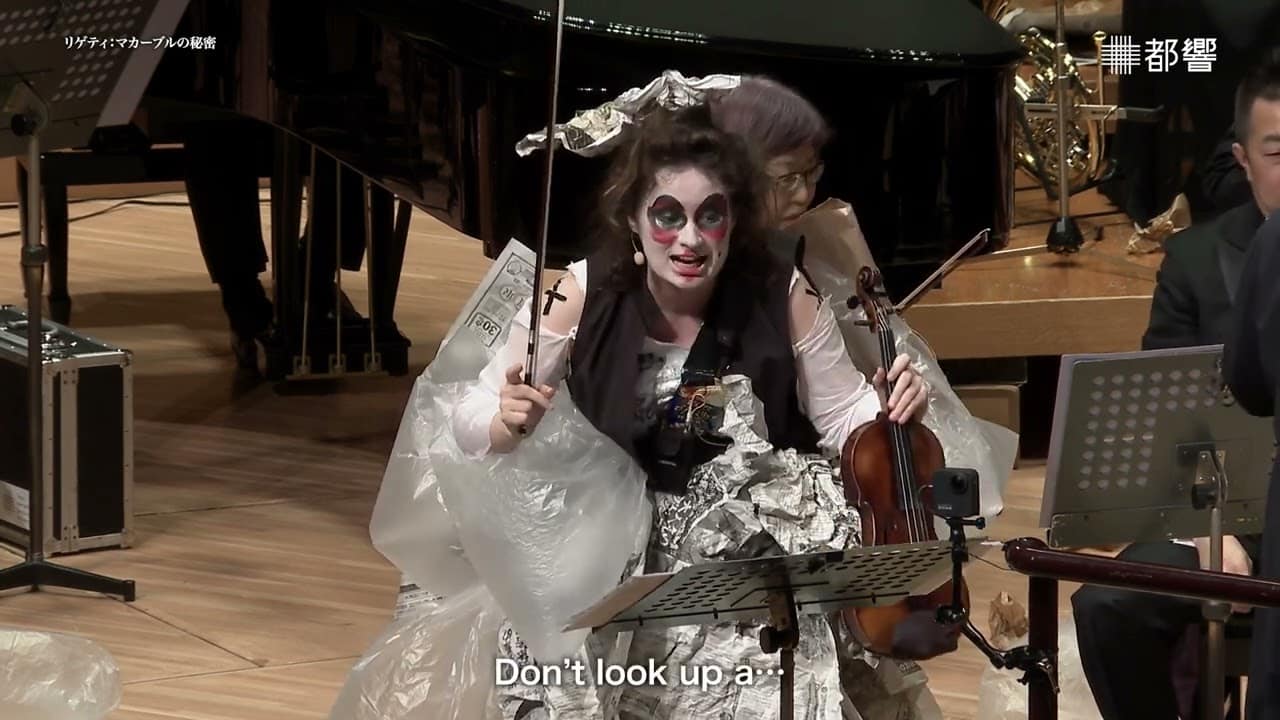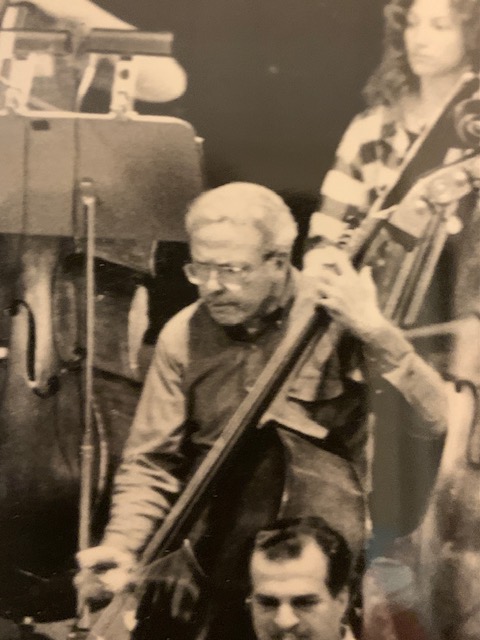France hears unknown work by Ravel
NewsAt 20:00 on France Musique, Louis Langrée will conducts Les Siècles and the choir of Radio France from Montpellier in a score by Maurice Ravel, acquired last year by the Bibliothèque nationale.
Chanson galante, based on a poem by Armand Silvestre, dates from the turn of the 20th century. The chorus, wordless, is used as an additional instrument.






Comments